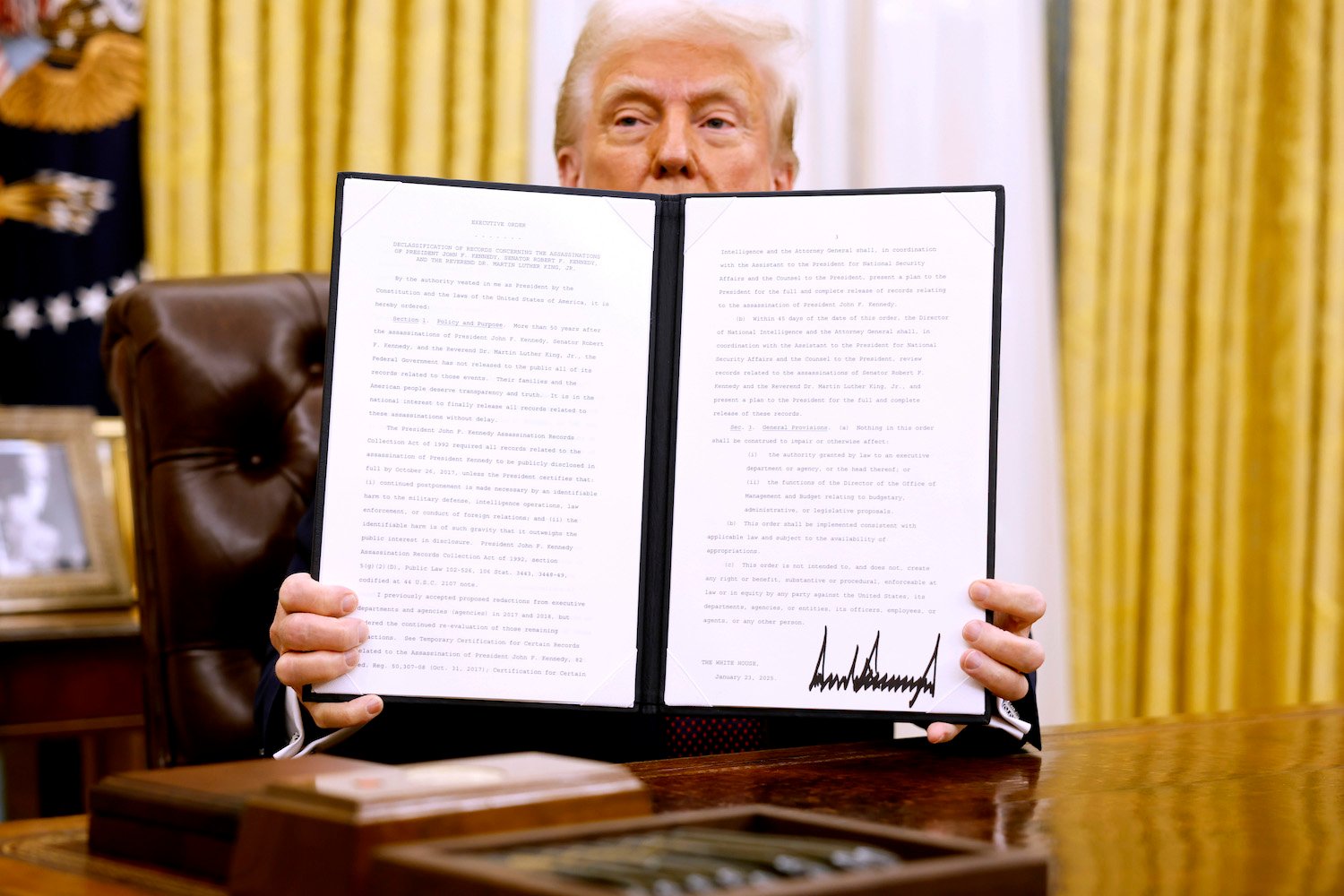After defying federal court orders, the National Institutes of Health has resumed issuing grants, acknowledging that its spending freeze violated judicial mandates. The delayed compliance raises concerns about adherence to democratic norms and respect for the judicial system.
NIH Resumes Issuing Grants After Illegal Freeze

Key Takeaways:
- NIH resumes issuing grants after an illegal spending freeze.
- The spending freeze violated restraining orders from two federal courts.
- NIH delayed compliance with court orders for over a week.
- Federal courts demanded immediate restoration of funding and an end to the freeze.
- The incident raises concerns about democratic norms and respect for the judiciary.
NIH Ends Spending Freeze Following Court Orders
The National Institutes of Health (NIH) has resumed issuing grants after halting funding in defiance of federal court orders. In a memo obtained by Popular Information , the agency acknowledged that its spending freeze violated restraining orders issued by two federal courts.
Background of the Spending Freeze
The funding halt was initially ordained by the Trump administration, affecting numerous programs reliant on NIH grants. The memo, penned by NIH Deputy Director for Extramural Research Michael Lauer and NIH Chief Grants Officer Michelle Bulls, informed grants management officers that their programs “fall under recently issued Temporary Restraining Orders” from the U.S. District Court for the District of Rhode Island and the U.S. District Court for the District of Columbia.
Court Orders and NIH’s Initial Defiance
Despite the first restraining order being issued on January 28, which mandated that federal agencies continue spending by no later than the morning of February 3, the NIH did not resume issuing grants until February 12. “It seems NIH was just in violation of the courts for about a little over a week, as staff was not allowed to issue grants during that period,” the article notes.
Judiciary’s Stern Response
The delay prompted a second ruling from the District Court judge in Rhode Island earlier this week. The court found that the administration was “improperly” freezing funds and demanded the government “immediately restore frozen funding” and “immediately end any federal funding pause.” This decisive action underscored the judiciary’s commitment to enforcing compliance with its orders.
Implications for Democratic Norms
The NIH’s delayed compliance has sparked discussions about the importance of respecting judicial decisions and maintaining democratic norms. The situation raises concerns that if the administration prioritizes its goals over adherence to the courts, it could undermine the checks and balances fundamental to the democratic system.
“Enforcement of court orders, especially against the executive branch, is pretty reliant on compliance and an upholding of norms,” the article emphasizes. The potential for a willfully defiant stance by the administration poses risks to the integrity of legal institutions.
Moving Forward
While the NIH has now resumed its funding operations, the episode serves as a reminder of the critical role of the judiciary in upholding the rule of law. The restoration of grant funding may alleviate immediate concerns for programs and researchers, but the underlying issues regarding respect for judicial authority and democratic principles remain a topic of significant importance.











